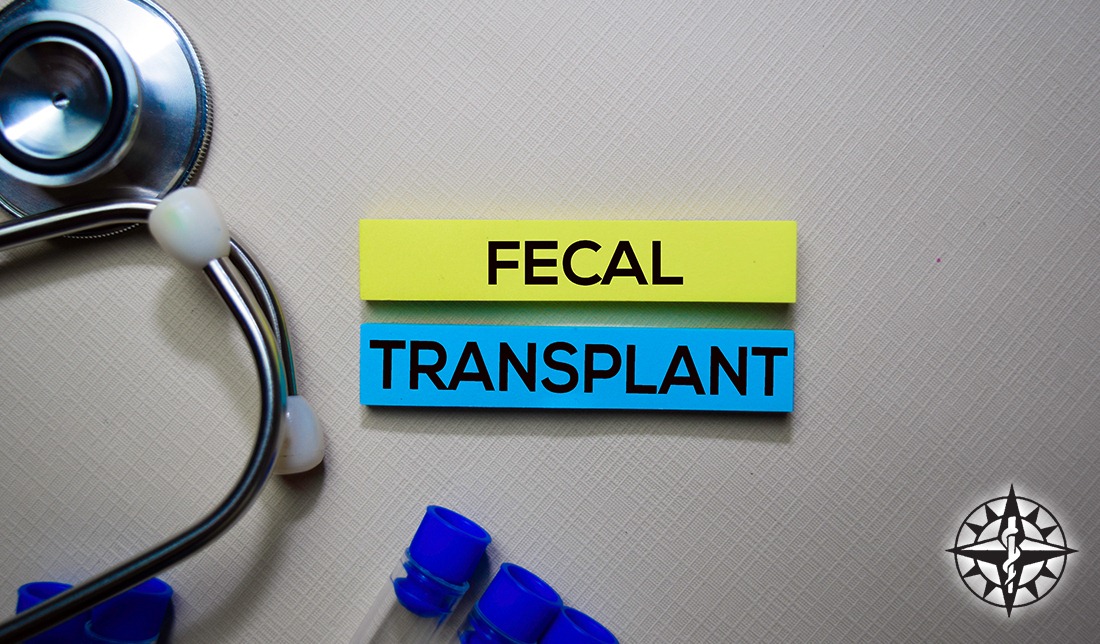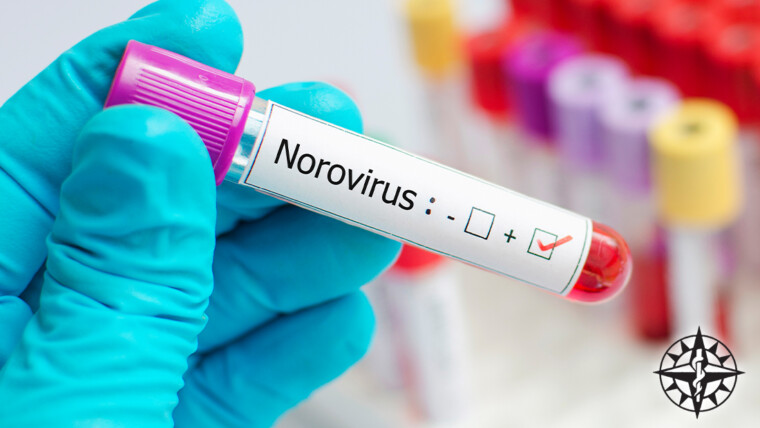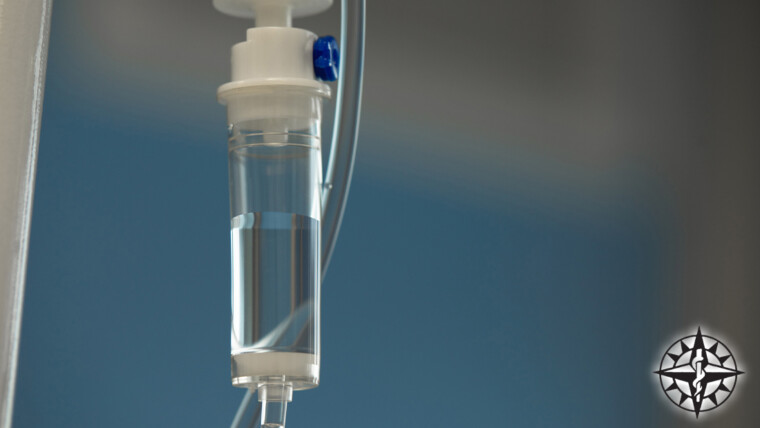Published on: May 27, 2021
And it just might save your life.
We get it. Just a cursory glance at the name of this procedure would gross the average person out. It is understandable. The idea of transplanting a donor’s feces into your system can be off-putting. But for those struggling with chronic diarrhea and colitis resulting from a difficult condition called Clostridium Difficile (C. Diff), you may want to give this treatment a second glance as it just might save your life.
An Overview of Clostridium Difficile (C Diff)
A healthy digestive system is a home to thousands of bacteria. The intestinal tract includes the stomach, small intestine, and large intestine, which is also known as the colon. In most cases, these microbes are harmless, or even beneficial to a healthy individual. However, conditions that require treatment with antibiotics can kill off many of the good bacteria in the colon, allowing the bad bacteria, called Clostridium Difficile, or C.diff, to take over.
Toxins released by Clostridium Difficile can damage the lining of the colon, a condition known as Clostridium Difficile Colitis. A Clostridium Difficile infection can lead to life-threatening complications, such as Toxic Megacolon, where the colon becomes dangerously enlarged.
Studies show that between 20-60% of patients with C.diff infection will relapse when treated with the usual rounds of antibiotics. Within several weeks, they could be back to having diarrhea again, with their stool testing positive for the C.diff infection. Many people who are burdened with recurrent C.diff are over the age of 65.
Over the last ten years, there has been a dramatic increase in mortality related to C.difficile colitis. (since this infection mostly affects people over the age of 65) Nearly 30,000 elderly people died of C.difficile colitis. The vast majority of these cases occurred in nursing homes.
Another problem creating barriers to proper care is that many of the antibiotics the FDA has approved to treat the C.difficile infection cost thousands of dollars and are not always fully covered by insurance or Medicare.
In these cases where antibiotics and traditional medicine are failing, there is a new alternative treatment.
Fecal Microbial Transplantation
An emerging solution for patients with recurrent infection is Fecal Microbial Transplantation or “FMT”. Also known as “Stool Transplantation”, FMT restores good bacteria in the colon by using the good bacteria from a donor. The stool is transferred (we will get to how it is transferred a bit later…) from a healthy host to the unhealthy gastrointestinal tract of another. The samples are screened to make sure they contain no infectious disease whatsoever.
The fecal transplant procedure will benefit those with intestinal tracts that kill off too many of the good types of bacteria. The transplanted fecal matter will restore the balance of bacteria in the patient’s intestinal tract. It is believed the recipient experiences a boost of healthy bacteria to regenerate his or her gut flora. This, therefore, strengthens the patient’s gut against future infections and stops C. difficile from continually wreaking havoc on the patient’s intestinal tract and life.
After months and months of wrestling with antibiotics, it is quite remarkable to see how quickly a fecal transplant can help the patient. Patients have excellent success rates and oftentimes begin to see improvement even within two weeks post-transplant. It is a therapy that works. Studies have shown that over 90% of patients treated with fecal transplants are cured with no significant side effects reported to date. Due to FDA rulings, the only patients who are eligible for these fecal microbiota transplants are those with recurrent C. difficile infections. This policy would exclude patients who experience severe IBS, Chron’s Disease, etc.
So, How Does it Work?
Given the fact that this is a jarring topic and procedure, it is important to note that all forms of transplantation are remarkably simple. There are four primary ways to introduce good bacteria. Probably the most common way is with a Colonoscopy.
Colonoscopy
The stool sample from the healthy donor is prepared by blending it with normal saline, which is a saltwater solution. Using a colonoscope, this liquid mixture can be applied to the entire length of the colon. The colonoscope is pushed through the entirety of the large intestine (colon). As the tube withdraws, it deposits the transplant into the intestine. The colonoscopy method has the benefit of allowing doctors to also visualize areas of the patient’s large intestine that may be damaged due to an underlying condition.
Enema
Another popular approach is an Enema. As with the colonoscopy approach, the enema method introduces the transplant directly into the patient’s large intestine. The patient may be asked to lie on their side with their lower body elevated. This makes it easier for the transplant to reach the intestine. Next, a lubricated enema tip is inserted gently into the rectum. The transplant, which is in an enema bag, is then allowed to flow into the rectum. Fecal transplants given by enema are typically less invasive and more affordable (financially) than colonoscopies.
Alternate and New Fecal Transplant Procedures
Nasogastric Tube
In this procedure, the liquid stool preparation is delivered to the stomach through a tube that runs through the nose. From the stomach, the tool then travels to the intestines. First, the patient is given a drug to stop their stomach from producing acid that could kill helpful organisms in the transplant preparation. Next, the tube is placed into the nose. Before the procedure, a healthcare professional will check the placement of the tube using imaging technology. Once it is confirmed to be positioned correctly, the doctors will use a syringe to flush the liquid stool preparation through the tube and into the patient’s stomach.
Capsules
This is a new method of fecal transplant that involves the patient swallowing several pills containing a stool preparation. When compared to other methods mentioned, the capsule method is the least invasive and can typically be done in a medical office or even at home.
A 2017 study compared the capsule method to the colonoscopy method in adults with a recurring C.diff infection. The capsule did not appear to be any less effective than a colonoscopy in terms of preventing recurring infections for at least 12 weeks. Still, this method of swallowing capsules requires further study to fully understand its effectiveness. Currently, this method is only available through a clinical trial.
FMTs and the FDA
In July 2013, the FDA released a guidance document stating that it:
“intends to exercise enforcement discretion under limited conditions regarding the IND (Investigational New Drug) requirements for the use of FMT products to treat C. difficile infection in patients that have not responded to standard therapies.”
The FDA has called out the risks of fecal microbial transplants in recent years. They have published about what they are calling the potential risk of serious or life-threatening infections with the use of fecal transplants. Their warnings are based on cases that were brought to their attention involving infections caused by enteropathogenic Escherichia coli (EPEC) and Shigatoxin-producing Escherichia coli (STEC) that occurred following investigational use of FMT. It is suspected that these infections were due to the transmission of these pathogenic organisms from FMT products supplied by a stool bank based in the United States.
This stool bank provides FMT products manufactured from pre-screened donors to healthcare providers and researchers. These infections occurred in six patients where a part of the investigation used FMT. Four of the six required hospitalizations. The FDA has taken the stance of simply informing patients and health care providers of the potential risk of transmission of pathogenic bacteria by FMT products and the resulting serious adverse reactions that may occur.
Some doctors would like to see the FDA open up FMTs to patients who struggle with gastrointestinal issues other than C.diff. One of those doctors is Dr. Mark Davis, a Portland-based naturopath who specializes in stomach and intestinal health. He is an expert in fecal transplantation, having successfully administered it for patients of many conditions. He co-founded Microbiomes, LLC, which was the first medical group in the United States to offer a fecal transplant capsule. Watch his TEDx talk on fecal transplants below:
Fecal Transplants in Florida
Fecal transplants have been available to patients and performed in Florida over the past few years. The first Gastroenterologist to have been able to perform the procedure was in Coral Springs, Florida in 2012. Since then, more and more doctors have been able to perform fecal transplants. A man from Hillsborough County, Florida has credited the fecal transplant procedure for saving his life. He had contracted C. diff after a routine wisdom tooth extraction and was struggling greatly from the side effects. That is until a fecal transplant gave him relief and a new lease on life.
About Infectious Disease Associates of Tampa Bay (IDATB)
With over 30 years of experience, the infectious disease professionals at Infectious Disease Associates of Tampa Bay are dedicated to providing the best possible care for Tampa Bay residents. If you have any questions or concerns about a condition you or a loved one is struggling with, please feel free to contact us at 813-251-8444.





